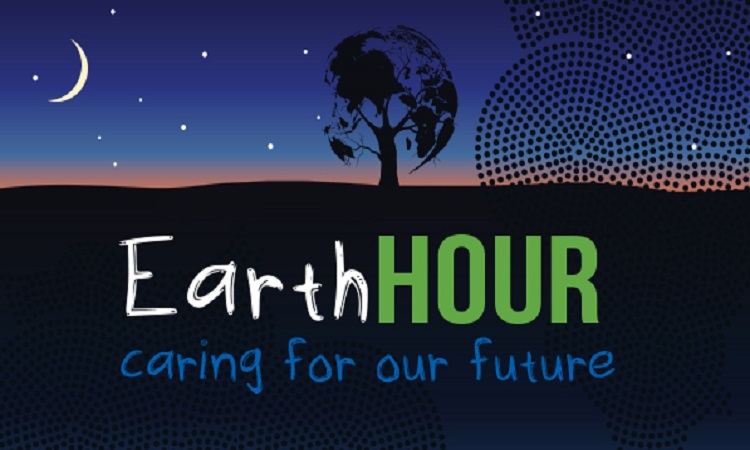WWF’s landmark movement, Earth Hour (Saturday, 30 March at 8:30 p.m.), is set to once again unite millions of people around the world to show their commitment to the planet. As our one shared home faces the dual challenge of climate change and rapidly declining biodiversity, the world’s largest grassroots movement for the environment aims to mobilise individuals, businesses and governments to be a part of the conversation and solutions needed to build a healthy, sustainable future – and planet – for all.
Closer to home, Earth Hour 2019 takes on a localised effort of halting the loss of Malaysia’s rich biodiversity specifically to safeguard our freshwater supply in the northern region of Peninsular Malaysia.
Penangites are in for a night that will raise awareness and inspire action for greater protection of the Ulu Muda Forest Complex (located in northern Kedah), where almost 80 percent of Penang’s water supply originates from. More specifically, this percentage of Penang’s water supply comes from Sungai Muda, which originates from deep within the Ulu Muda Forest Complex. At this year’s Earth Hour event supported by the Penang State Government, participants will take part in an hour of zumba or night yoga at Gurney Paragon Mall, Georgetown while simultaneously learning more about this forest complex.
Chief Minister of Penang, YAB Tuan Chow Kon Yeow shared his aspirations for Penang to be the “greenest” state in Malaysia by 2030, “For Penang to achieve this, we must walk the talk. To safeguard and conserve water catchment forests such as Ulu Muda, we must first make conscious efforts to reduce the amount of water we use daily.”
“To leave the forest vulnerable to threats would result in dire consequences for people and nature alike, which is why WWF is advocating for two actions to protect the forest: for it to be reclassified as a water catchment forest and established as a state park,” said Dr Henry Chan, Conservation Director of WWF-Malaysia.
It is therefore vital that we halt and reverse this loss of nature, by restoring the rich biodiversity – the variety of life on Earth and places where they are found – that underpins a healthy, natural world.




